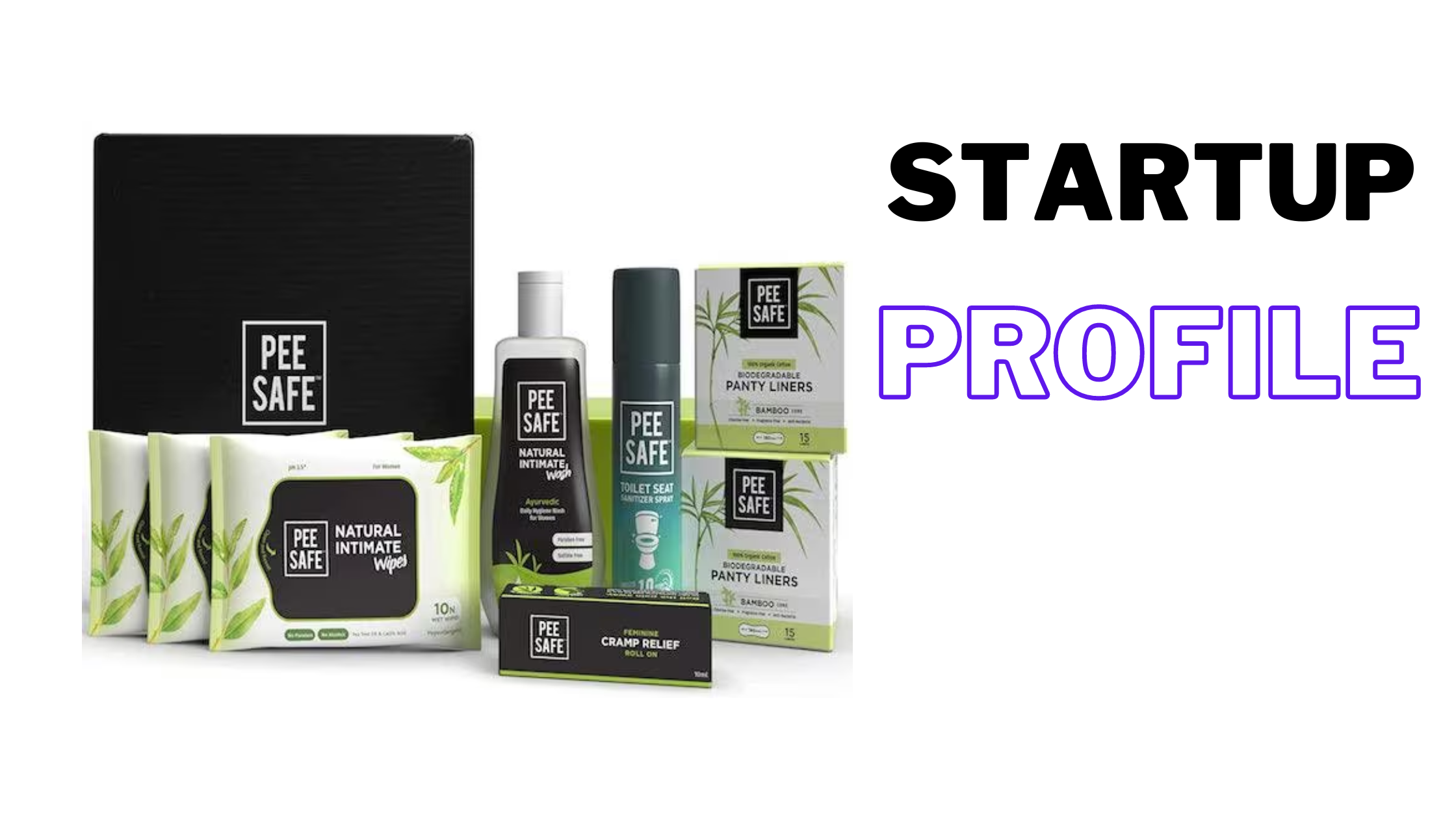Solving for India’s female sanitation penetration: Pee Safe

In the realm of feminine hygiene, Pee Safe, a dynamic brand in the field of wellness, unveils a startling reality in India – only a meager fraction, less than 30%, of women use or have access to essential intimate hygiene products such as sanitary pads, tampons, menstrual cups, and vaginal wash. This revelation not only underscores the enormous untapped potential within the market but also signals a pressing need to elevate awareness about these crucial products.
Enter Pee Safe: Founded by Vikas Bagaria in 2013, Pee Safe initially introduced a toilet seat sanitizer, inspired by a personal incident. Srijana Bagaria, one of the co-founders, faced a challenging incident during her travel where she felt the need for a convenient and effective solution for personal hygiene.
Over the past six years, the brand has transformed into a comprehensive personal hygiene and fast-moving consumer goods (FMCG) entity. The product range has diversified to encompass various personal hygiene categories, catering to the needs of girls from puberty to menopause. With a portfolio featuring reusable pads, tampons, menstrual cups, and more, Pee Safe is at the forefront of addressing the holistic spectrum of intimate hygiene.
Historically, major players like P&G and J&J dominated the feminine hygiene segment in India. However, despite their significant presence, they face substantial challenges in expanding market penetration. The primary hiccups they faced were the limited awareness regarding feminine hygiene and the constrained purchasing power of a substantial portion of the Indian female populace. Issues such as poverty, cultural norms, and education levels act as formidable obstacles, influencing the usage rates of these essential products.
Stats reveal that a substantial number of women still lack access to these critical products due to factors like social stigma, insufficient education and awareness about menstrual health, and challenges related to the availability and affordability of hygiene items. In response, Vikas Bagaria, the CEO of Pee Safe, expresses the brand’s commitment to enhancing penetration by making these products more accessible and fostering awareness about the significance of feminine hygiene.
In the face of daunting socio-economic barriers that limit market growth, traditional industry leaders alone cannot dismantle these impediments. Despite their robust brand presence and extensive product lines, they fail to surmount challenges deeply ingrained in societal norms and economic disparities. Pee Safe recognizes the need for a multifaceted approach, combining accessibility, awareness, and affordability.
Over the past two years, Pee Safe has witnessed a remarkable doubling of revenues, attesting to the brand’s resilience and adaptability. Now, the focus has turned to aggressive expansion. The brand is strategically expanding its retail footprint in tier I and tier II cities while deepening its roots in locations where Pee Safe has established brand equity. The goal is to elevate the current network of 15,000 stores to an impressive 40,000 by 2024. Simultaneously, Pee Safe is intensifying its presence in select international markets, with a special emphasis on the UK, Middle East, and the subcontinent, where online success has been observed.
The dual challenge of awareness and purchasing power remains central to the brand’s growth strategy. Pee Safe is resolute in its goal – to serve an additional 5 million customers. Having already reached 7.5 million customers since its inception, the brand acknowledges it still has a long way to go to improve the accessibility of its products to a wider demographic.
In conclusion, Pee Safe emerges as a trailblazer in the feminine hygiene segment, not merely as a provider of essential products but as a catalyst for change. By addressing the challenges of awareness, accessibility, and affordability, Pee Safe is not only poised for substantial growth but is also actively contributing to breaking down societal barriers that hinder the well-being of women in India. The journey ahead is marked by a commitment to empowerment, education, and the holistic health of women across the nation.